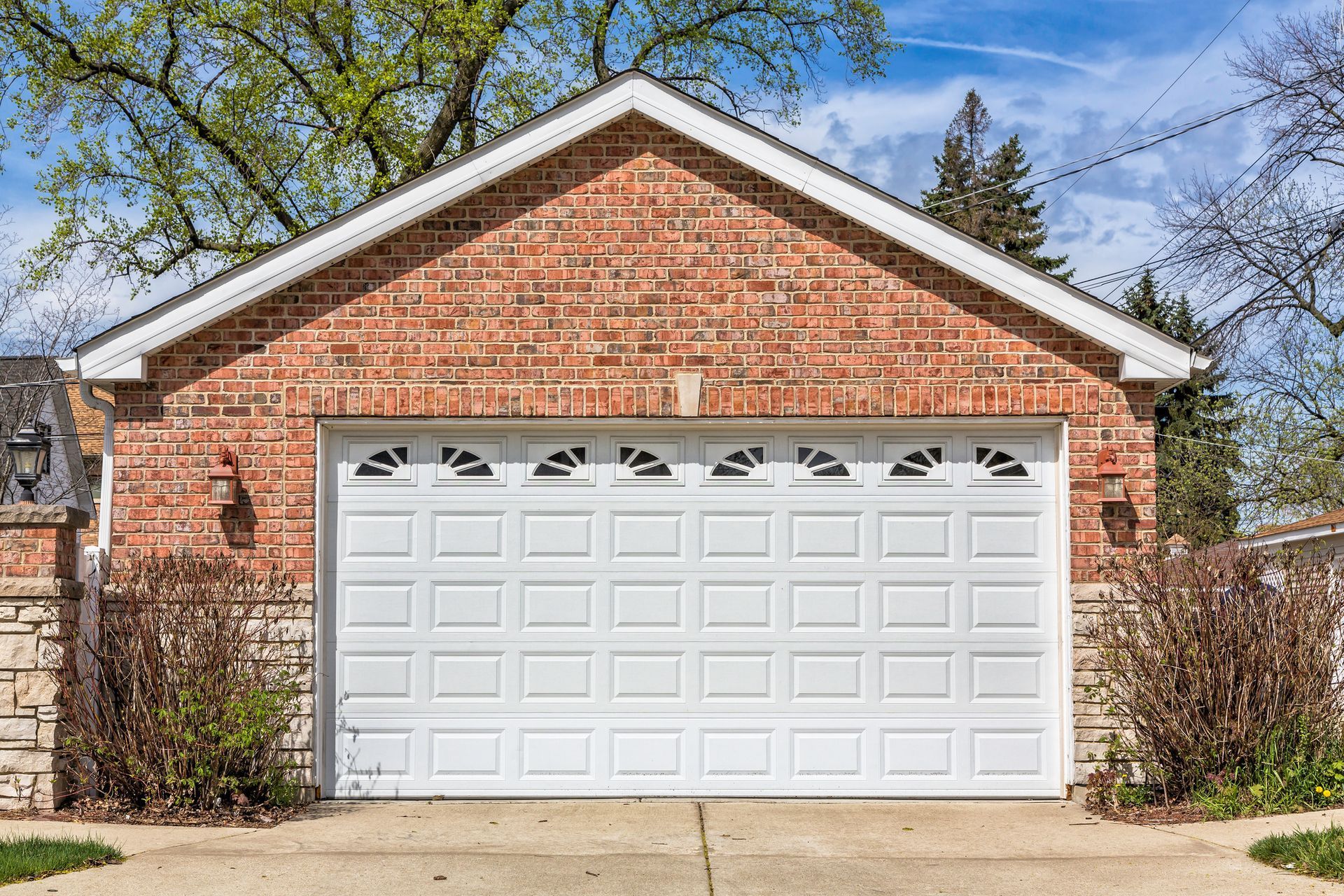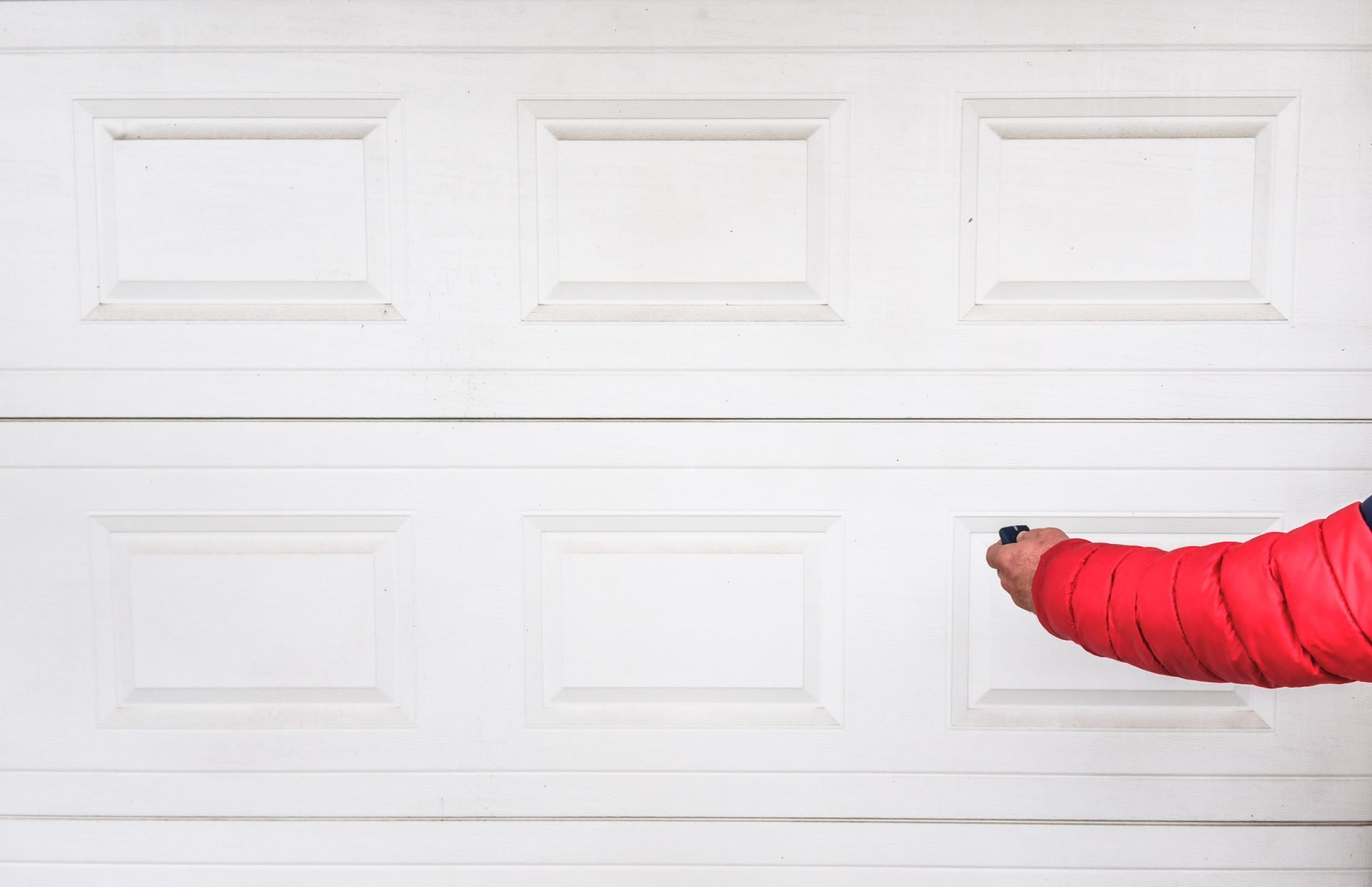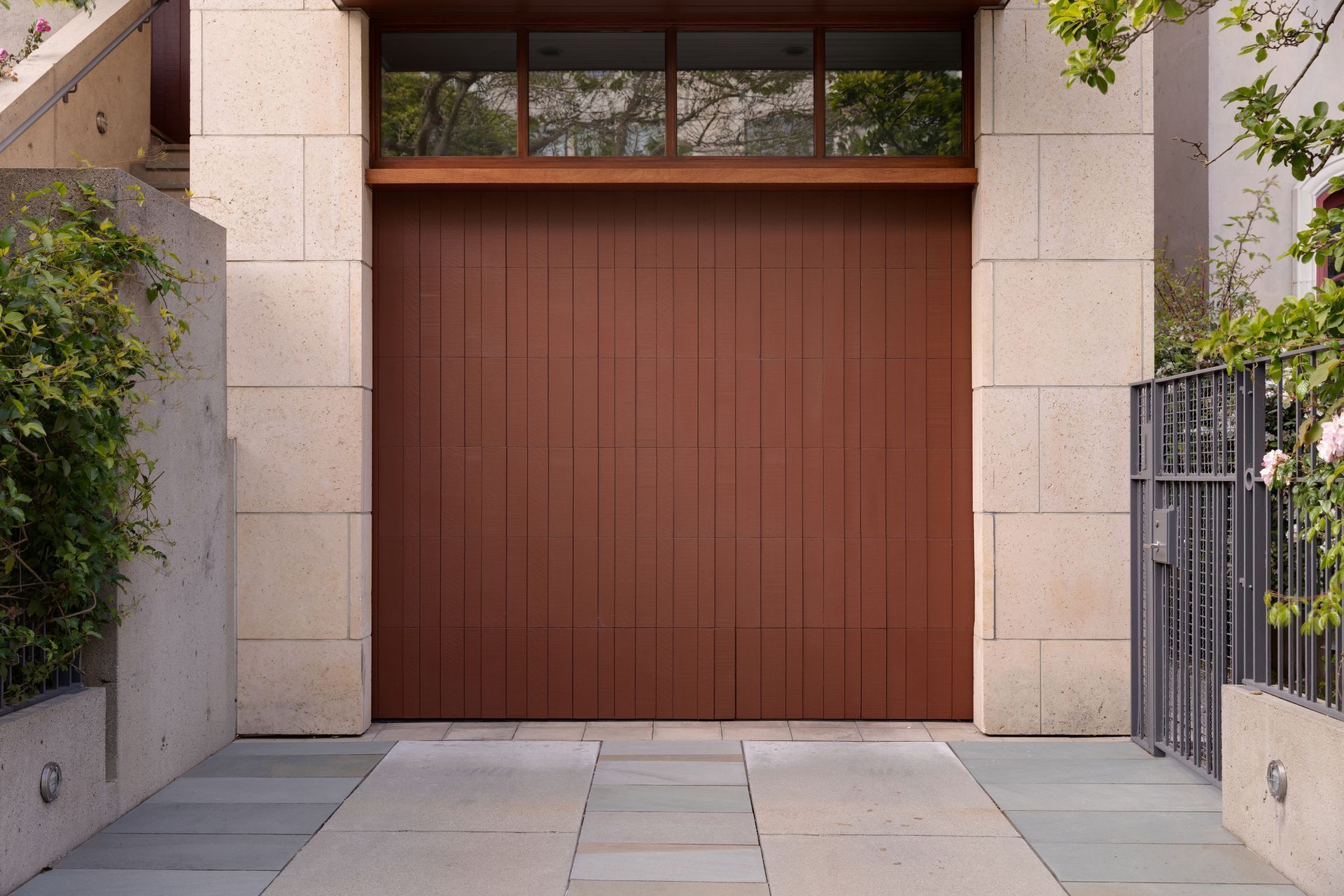Same-Day Free Estimates with 30-Minute Arrival Windows for Collin and Dallas County areas Since 1977.
Polyurethane-Injected Garage Door: What You Need to Know
How does this kind of insulation work, and what are the advantages of using it?
How Does Injected Polyurethane Insulation Work?
While some garage doors use sheets of an insulative material between the layers of the door, polyurethane works differently. Here, you inject a foam between the layers.
The polyurethane expands during the injection process. As it expands, it fills all of the space inside the door. Then, as it hardens, the foam sticks firmly to each side of the door and its frames, creating a solid layer of insulation.
What Are the Advantages of Polyurethane Insulation?
Uninsulated doors can’t always create a perfect barrier between your garage and the outside world. If you add any kind of insulation to these doors, then they perform better. If you inject a door with polyurethane foam, then you get extra benefits.
More Efficient Thermal Insulation
Insulation sheets do increase the efficiency of the barrier between your garage door and the outside world. They provide a better thermal lock than uninsulated products. So, any insulation in a garage door will help you maintain the temperature inside your home. It prevents heat and cooled air from leaking outside. It also creates a barrier against hot or cold air coming in.
However, if you use a sheeted insulation material, then your door may still have some weak spots. For example, cold air may leak inside in winter months through tiny gaps. Your garage will be cold, and this cold air may then pass through into the rest of your home.
Polyurethane insulation increases insulative efficiency. The foam expands to cover all of the door’s inner space — it doesn’t leave any gaps at all. This complete coverage reduces temperature shifts in and out of your garage. Your garage will stay at the right ambient temperature. Your car and anything you store in the garage stays cooler in summer and warmer in winter.
This is especially useful if you use your garage as a workspace. It also helps you control the temperature inside the rest of your home. You won’t waste money unnecessarily on heating or air conditioning to compensate for thermal transfer through your garage door.
More Effective Sound Insulation
If you live in a busy neighborhood with a lot of passing traffic, then you may already have taken some steps to reduce noise coming into your home. However, you may not have thought about the role your garage door plays here.
If you live on a busy street with a lot of traffic, then an uninsulated door won’t completely block out this external noise. It also won’t keep in any noise you make in your home.
If you install a polyurethane-injected garage door, then you isolate sound more effectively. The door’s solid and complete barrier blocks both incoming and outgoing noise.
While a quality garage door is sturdy and strong, it can still get damaged. For example, the door’s opening and closing mechanism creates vibrations that might make the door weaken as it ages. Even a minor collision could leave a dent in the surface.
If you add polyurethane foam to a garage door, then you make it stronger. The foam creates a hard layer that bonds to both sides of the door. It makes the structure stiffer and thicker.
If you strengthen your door, then it will last for longer before it needs replacement. It’s less likely to get damaged as it ages. It is also less likely to dent if you accidentally bump your car into it.
If you like the sound of polyurethane-injected insulation, then contact Plano Overhead Garage Door. Our experts can talk you through all the benefits of choosing a new garage door with this state-of-the-art insulation.
The post Polyurethane-Injected Garage Door: What You Need to Know appeared first on Plano Overhead Door.









